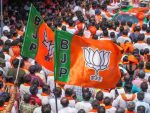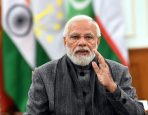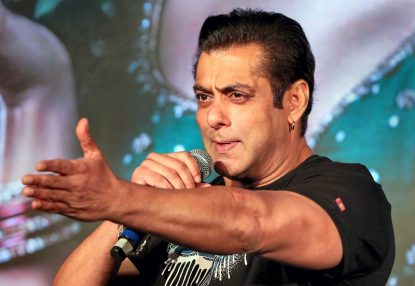
NASA’s twins study reveals resilience of human body in space
Team Udayavani, Apr 12, 2019, 3:53 PM IST
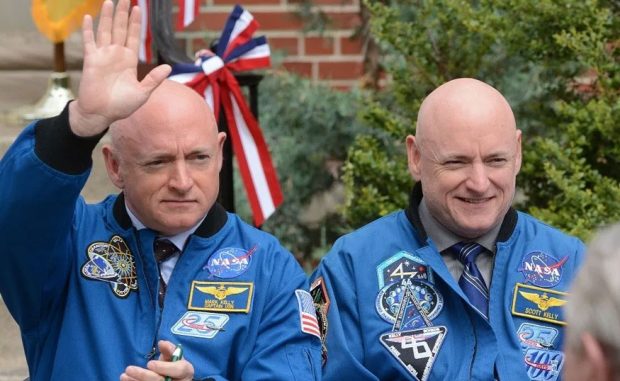
Washington: NASA’s landmark twins study has revealed surprising and reassuring data about how one human body adapted to — and recovered from — the extreme environment of space, the US space agency said.
The Twins Study, which took place from 2015-2016, provides the first integrated biomolecular view into how the human body responds to the spaceflight environment.
It serves as a genomic stepping stone to better understand how to maintain crew health during human expeditions to the Moon and Mars, NASA said in a statement.
Retired NASA astronauts Scott Kelly and his identical twin brother Mark, participated in the investigation, conducted by NASA’s Human Research Program and encompasses work from 10 research teams.
Mark provided a baseline for observation on Earth, and Scott provided a comparable test case during the 340 days he spent in space aboard the International Space Station (ISS).
Scott became the first American astronaut to spend nearly a year in space.
“The Twins Study has been an important step towards understanding epigenetics and gene expression in human spaceflight,” said J D Polk, chief Health and Medical Officer at NASA Headquarters.
“Thanks to the twin brothers and a cadre of investigators who worked tirelessly together, the valuable data gathered from the Twins Study has helped inform the need for personalised medicine and its role in keeping astronauts healthy during deep space exploration, as NASA goes forward to the Moon and journeys onward to Mars,” Polk said in a statement.
Key results from the NASA Twins Study, published in the journal Science, include findings related to gene expression changes, immune system response, and telomere dynamics.
Other changes noted include broken chromosomes rearranging themselves in chromosomal inversions, and a change in cognitive function.
Many of the findings are consistent with data collected in previous studies, and other research in progress, NASA said.
The telomeres in Scott’s white blood cells, which are biomarkers of ageing at the end of chromosomes, were unexpectedly longer in space then shorter after his return to Earth with average telomere length returning to normal six months later.
In contrast, his brother’s telomeres remained stable throughout the entire period, the study found.
A second key finding is that Scott’s immune system responded appropriately in space.
For example, the flu vaccine administered in space worked exactly as it does on Earth, the US space agency said.
A fully functioning immune system during long-duration space missions is critical to protecting astronaut health from opportunistic microbes in the spacecraft environment.
A third significant finding, NASA said, is the variability in gene expression, which reflects how a body reacts to its environment and will help inform how gene expression is related to health risks associated with spaceflight.
While in space, researchers observed changes in the expression of Scott’s genes, with the majority returning to normal after six months on Earth.
However, a small percentage of genes related to the immune system and DNA repair did not return to baseline after his return to Earth.
The study identified key genes to target for use in monitoring the health of future astronauts and potentially developing personalised countermeasures.
“A number of physiological and cellular changes take place during spaceflight,” said Jennifer Fogarty, chief scientist of the Human Research Program at NASA’s Johnson Space Center in Houston, US.
“The Twins Study gave us the first integrated molecular view into genetic changes, and demonstrated how a human body adapts and remains robust and resilient even after spending nearly a year aboard the ISS,” Fogarty said.
“The data captured from integrated investigations like the NASA Twins Study will be explored for years to come,” she said.
Scott participated in a number of biomedical studies, including research into how the human body adjusts to known hazards, such as weightlessness and space radiation.
Mark participated in parallel studies on Earth to help scientists compare the effects of space on a body down to the cellular level. The findings represent 27 months of data collection.
The Twins Study helped establish a framework of collaborative research that serves as a model for future biomedical research, according to NASA.
Supported by 84 researchers at 12 locations across eight states in the US, the data from this complex study was channeled into one inclusive study, providing the most comprehensive and integrated molecular view to date of how a human responds to the spaceflight environment.
While significant, it is difficult to draw conclusions for all humans or future astronauts from a single test subject in the spaceflight environment. researchers said.
“To our knowledge, this team of teams has conducted a study unprecedented in its scope across levels of human biology: from molecular analyses of human cells and the microbiome to human physiology to cognition,” said Craig Kundrot, director, Space Life and Physical Sciences Research and Application Division at NASA Headquarters.
Udayavani is now on Telegram. Click here to join our channel and stay updated with the latest news.
Top News
Related Articles More
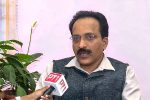
India aims to achieve debris-free space missions by 2030: ISRO chief Somanath

Will AI help or hinder trust in science?

AI, once a research subject, today a reality!

IIT-Madras, NPTEL launch technical courses in vernacular languages

Sub-metre optical satellite assembled, tested in India deployed into space: TASL
MUST WATCH
Latest Additions

Kerala man surprises parents with UPSC rank

All set for ‘Surya tilak’ of Ram Lalla in Ayodhya on Ram Navami

LS polls Phase-2: ADR analysis shows 21% of candidates have criminal cases against them
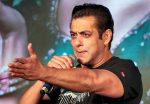
Accused conducted recce around Salman Khan’s house three times before firing

JD(S) seeks EC action over alleged security lapse at meet attended by Deve Gowda















